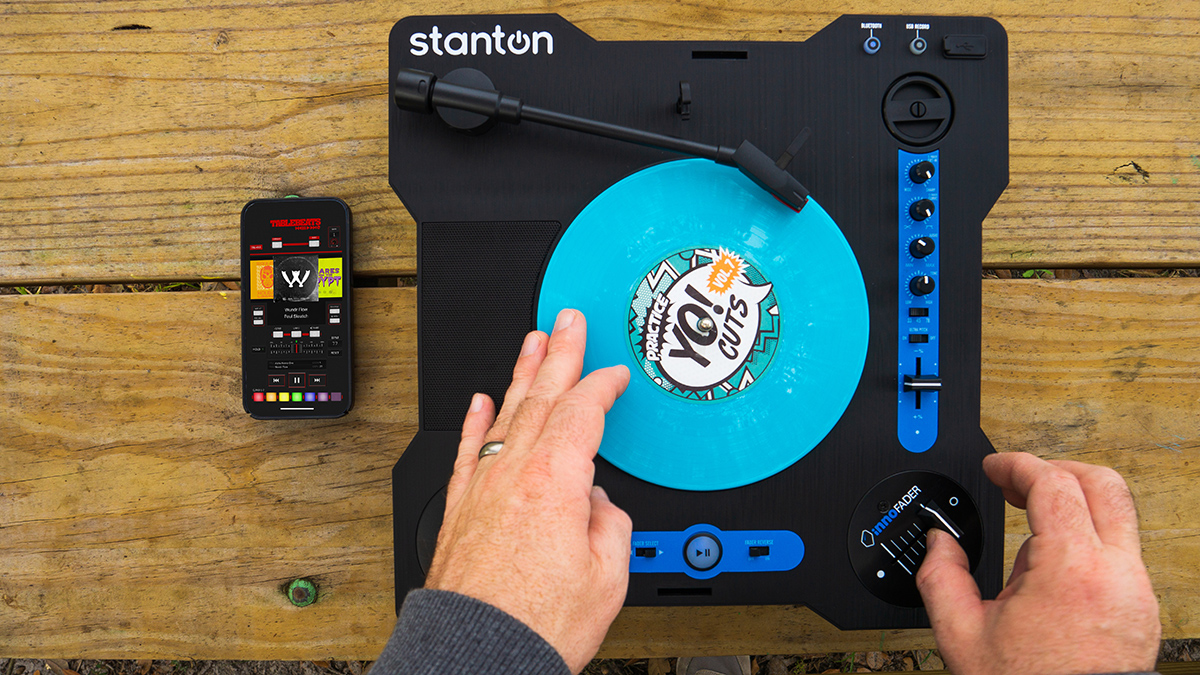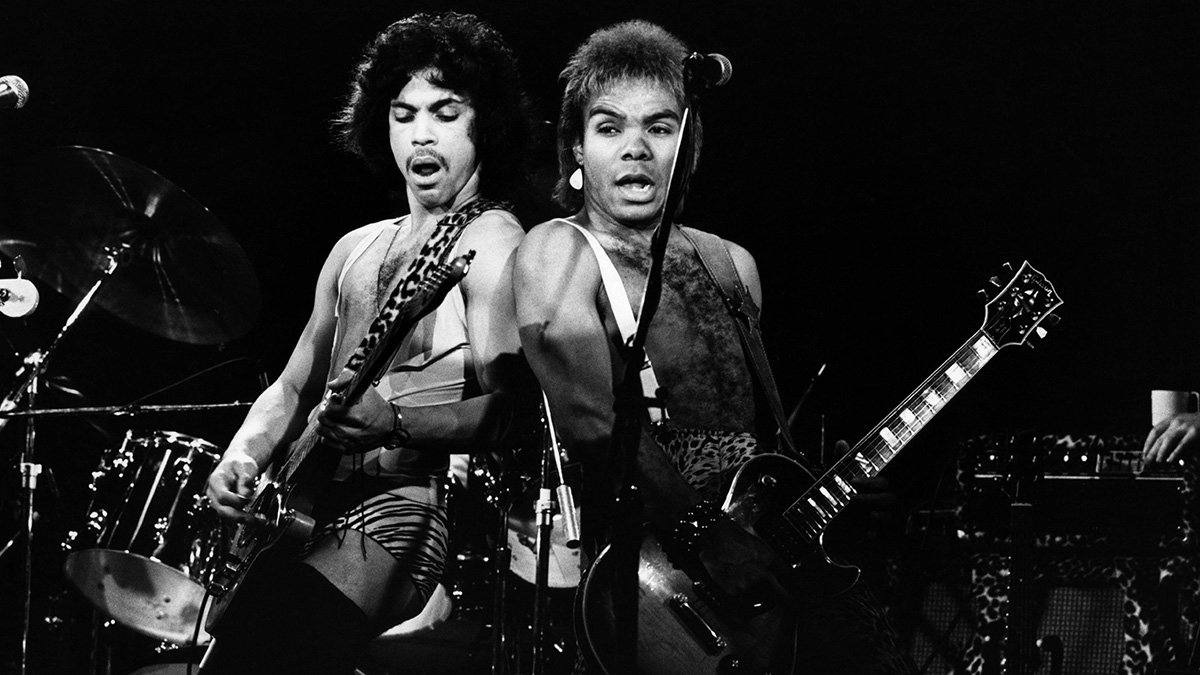Stanton “returns to its roots” with the STX portable scratch turntable
Hone your turntablist skills anywhere with new battery-powered deck
Back in the early noughties, Stanton was one of the pioneers of digital vinyl scratching systems, and partnered with Native Instruments on various DJ products at one point. However, after Gibson acquired the brand in 2011 things went relatively quiet, and it’s remained all silent on the Stanton front since InMusic took ownership of the company in 2020.
That’s all changed now, though, as we can now introduce you to the Stanton STX portable scratch turntable, a product that we’re told returns the company to its turntablist roots. Featuring a mini Innofader Nano crossfader, this battery-powered, rechargeable deck also has a built-in speaker, so is always ready for action.
The crossfader is designed to last for more than a million cycles, and can be swapped between left and right positions depending on whether you’re left- or right-handed. Cut-In and Curve knobs enable you to customise and calibrate the crossfader exactly to your liking.
You get two rechargeable batteries in the box, and the STX can also be powered via a USB-C powerbank. Connect your phone over Bluetooth or the mini-jack audio input and you can easily add beats and loopers, and there’s one-touch USB recording so you can capture your performances. The latching lid, meanwhile, doubles up as a stackable, latching base, which brings the STX up to standard turntable height.
Other features include a pitch slider with Ultra-Pitch switch and a start/stop button. You can switch between 33 1/3, 45 and 78 RPM, while connectivity options include stereo RCA output jacks and 1/4- and 1/8-inch headphone jacks.
The Stanton STX is available now priced at $249. Find out more on the Stanton website.

Get the MusicRadar Newsletter
Want all the hottest music and gear news, reviews, deals, features and more, direct to your inbox? Sign up here.



I’m the Deputy Editor of MusicRadar, having worked on the site since its launch in 2007. I previously spent eight years working on our sister magazine, Computer Music. I’ve been playing the piano, gigging in bands and failing to finish tracks at home for more than 30 years, 24 of which I’ve also spent writing about music and the ever-changing technology used to make it.









